
Novel Bone Marrow ‘Ingredient’ To Help Arthritic Horses
Researchers explored the ability of bone marrow mononuclear cell (BMNC) therapy to improve lameness, with good results.


Researchers explored the ability of bone marrow mononuclear cell (BMNC) therapy to improve lameness, with good results.
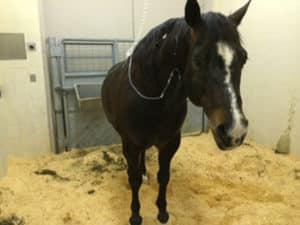
Researchers found horses treated with antibiotics have significantly less diversity (fewer bacterial species) in their GI microbiomes than healthy horses.

Not all equine influenza vaccines are the same. Does that mean horses need boosters when receiving a different EIV vaccine than they’ve gotten in the past? Researchers investigated.

Researchers investigated if two common joint supplement ingredients contribute to worsening gastric ulcer scores in horses.
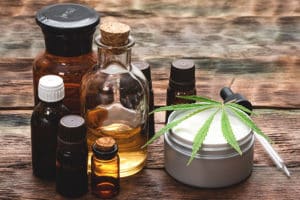
CBD is becoming increasingly popular. However, a veterinarian turned attorney warns equine practitioners to tread cautiously when it comes to discussing CBD products with clients.

Learn about the pros (and potential cons) of these medications approved to help horses with navicular syndrome and other musculoskeletal disorders in this free fact sheet.

Ditching dry hay in favor of cleaner forage options improved racehorse airway inflammation.

Does your horse need a dollop, dab, pinch, or peck? Learn to formulate a diet based on your horse’s age, body condition, and health status.

Scientists reviewed research on this painful disease that affects a horse’s teeth, gums, and bone.
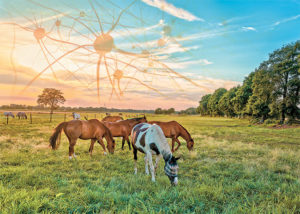
If your horse survives one of these five infections, he might still suffer lasting effects. Learn which diseases most commonly cause post-infection illnesses and how they can impact a horse’s long-term health, use, and quality of life.
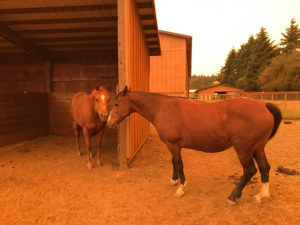
Vitamin E serves as one of the body’s most potent antioxidants, protecting various cells—including those of the immune system—from the harmful effects of free radicals.
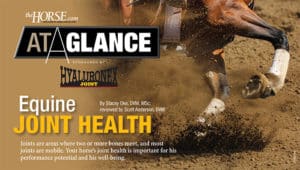
Preserving your horses’ joint health will optimize their athletic careers and keep them comfortable as they age. Sponsored by Hyaluronex Joint.

Physiological stress can be an important equine welfare issue. Here’s what you should know.
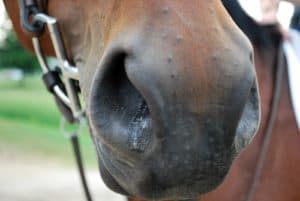
Researchers designed the smartphone technology to rapidly identify equine viral respiratory cases. Now, they believe the same technology could help identify COVID-19 in humans.
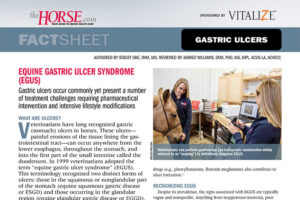
Gastric ulcers occur commonly yet present a number of treatment challenges requiring pharmaceutical intervention and intensive lifestyle modifications. Sponsored by Vitalize.
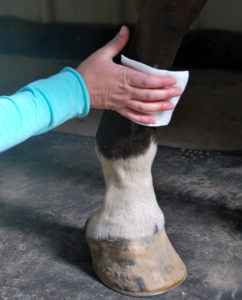
Using 0.2% PHMB-impregnated gauze reduced the growth of underlying bacteria commonly implicated in orthopedic wounds and infections of horses.
Stay on top of the most recent Horse Health news with